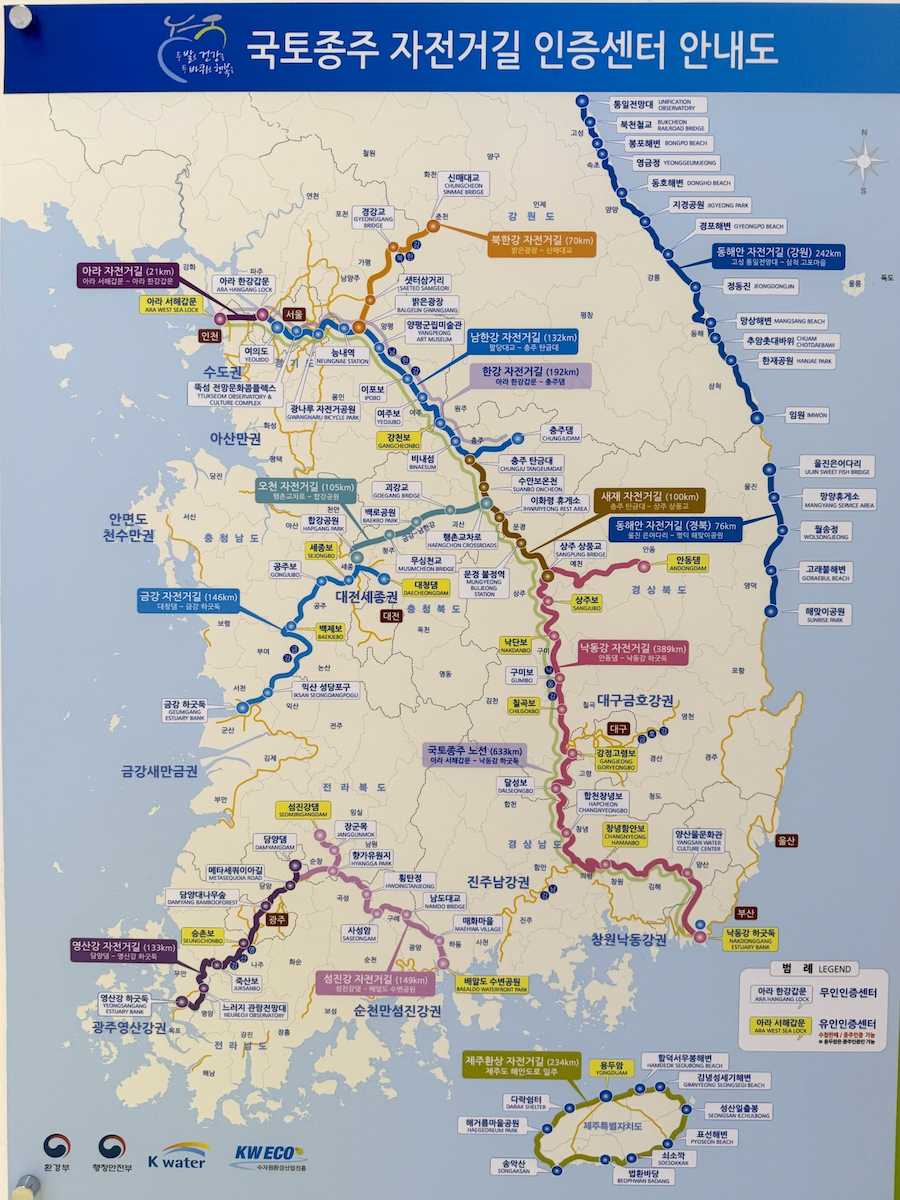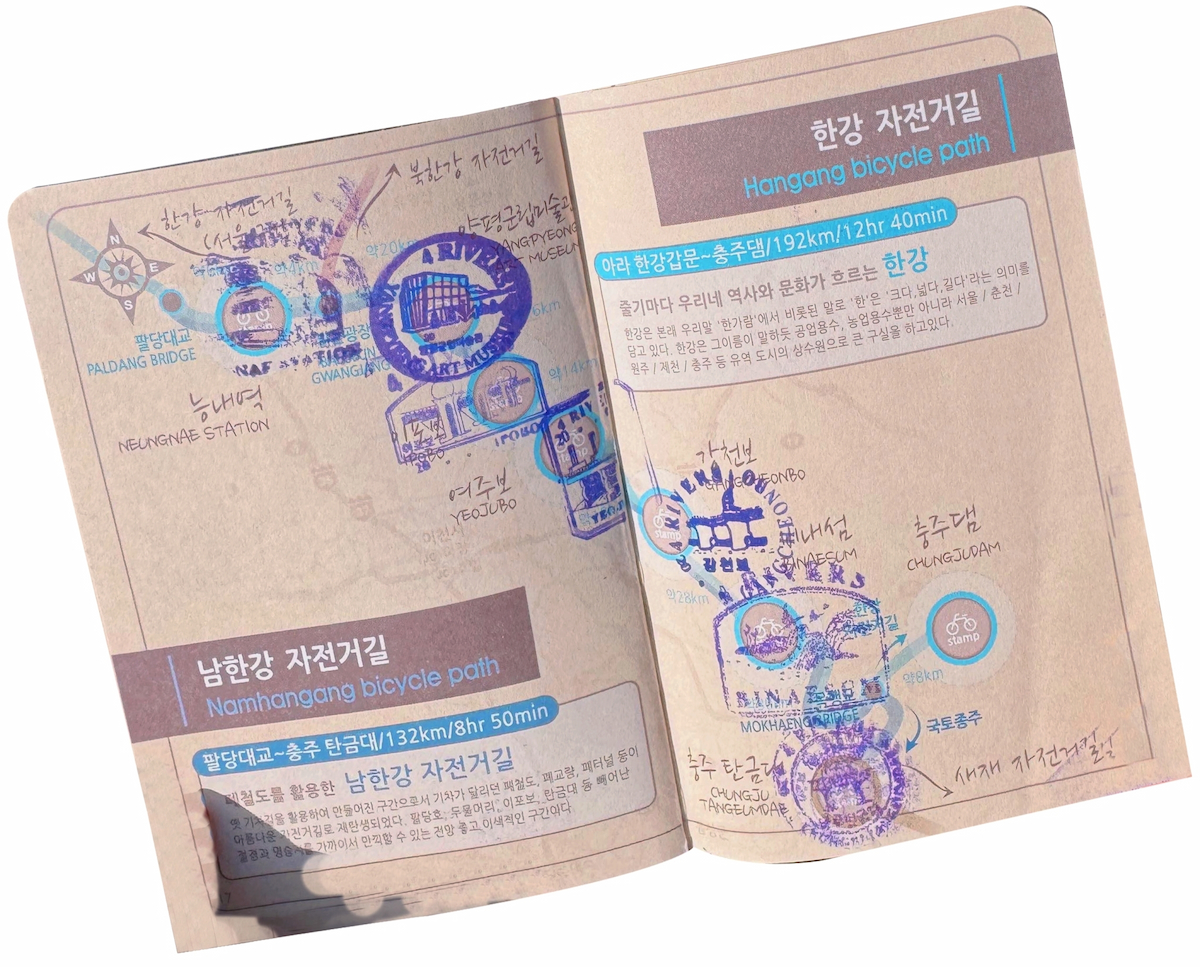The New Blue Sea of Cycling Tourism and Entering the Low-Carbon Era
South Korea boldly embraces the challenge of achieving zero carbon emissions by blending its charming traditions with modernity.
With the pandemic behind us, an increasing number of individuals recognize the significance of global health and environmental preservation. The imperative for humanity to sustainably coexist with the Earth has evolved into a collective consciousness. As countries diligently strive to revive their economic conditions, the challenge of returning to pre-pandemic economic levels and achieving the goal of zero carbon emissions by 2050, as outlined in the Glasgow Climate Pact, tests the wisdom and determination of their respective governments.

Following the introduction of the 'green growth' policy by former President Lee Myung-bak in 2008, the parliament approved the extensive 'National Strategy for Green Growth 2009-2050.' A substantial investment of over 1 trillion KRW (approximately 763 million USD) was allocated in 2009 to establish dedicated cycling routes throughout Korea. Currently, there are twelve prominent certification cycling routes, which includes iconic paths such as Han River, Jeju Fantasy and East Coast bike trails. These dedicated cycling routes are not limited to just mountains and seashores but also bridge the major metropolis to the rural countryside. These routes champion physical activity for the enhancement of people's well-being, foster the growth of the green industry, and establish a mutually beneficial relationship between environmental protection and economic development. The projected total length of the cycling routes is set to extend to 2,237 km (3,600 miles), covering expansive areas throughout the entire country. Recently, the South Korean government has redefined these bike trails as a significant tourism promotion, constituting a new blue sea in South Korea's tourism sector.
In addition to building the physical cycling routes, the government offers a comprehensive and systematic tourist guide for cyclists. The Bike Passports, issued by the government (or available through a smartphone app), encourage riders to experience all the routes and collect stamps that represent local characteristics along the way. Upon completing any given route, individuals can request verification stamps at designated booths to obtain certification. The official website provides maps of bike routes along with interesting regional information about the surroundings, scenery, campsites, accommodations and history. Moreover, the inclusion of picturesque cycling routes in popular K-dramas like My Love from the Stars, Doctors, and 25,21 not only captivates international audiences but also underscores the dedication of the South Korean government to its Green Growth policy.

Prioritizing low carbon emissions puts the spotlight on the cycling industry. The South Korean government seizes the opportunity and establishes a perfect niche by promoting cycling to safeguard the environment, reduce carbon emissions and foster healthier lifestyles among its citizens. By creating a green wave that resonates throughout the government and the general public, South Korea has successfully undergone a paradigm shift towards sustainability.